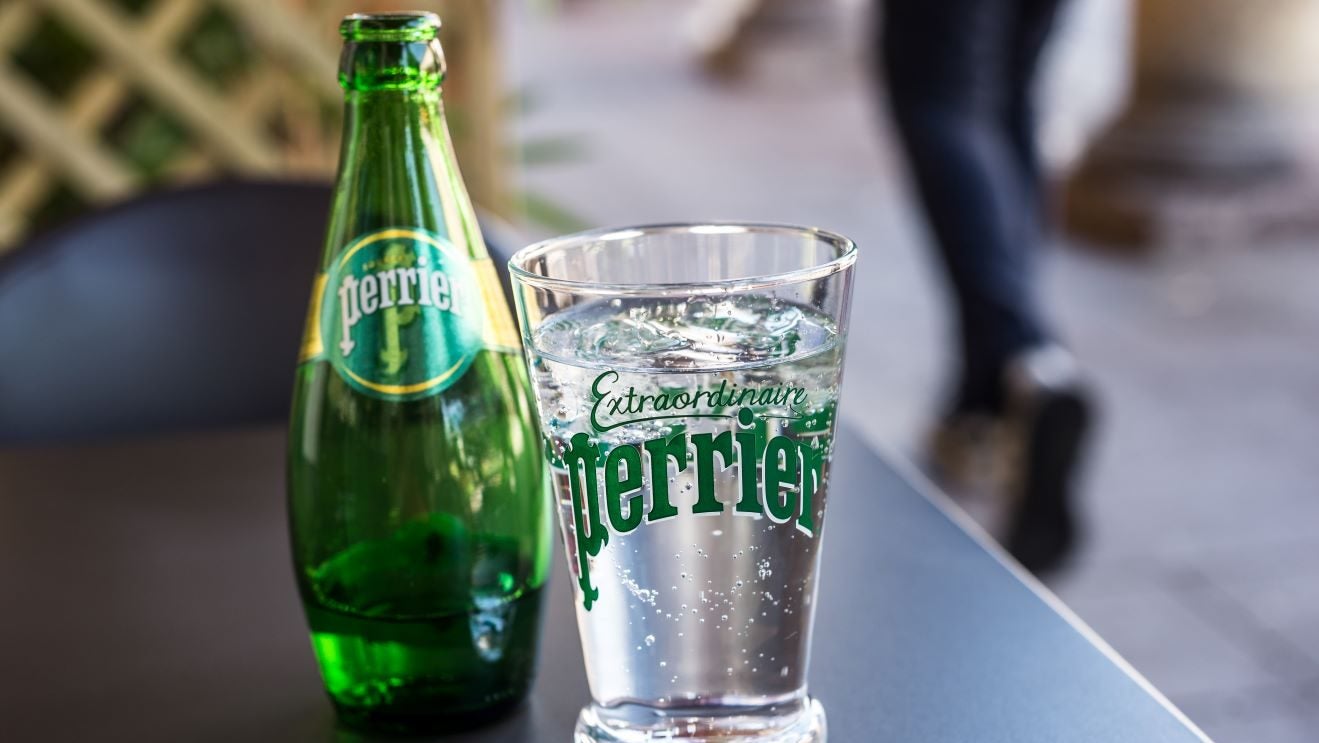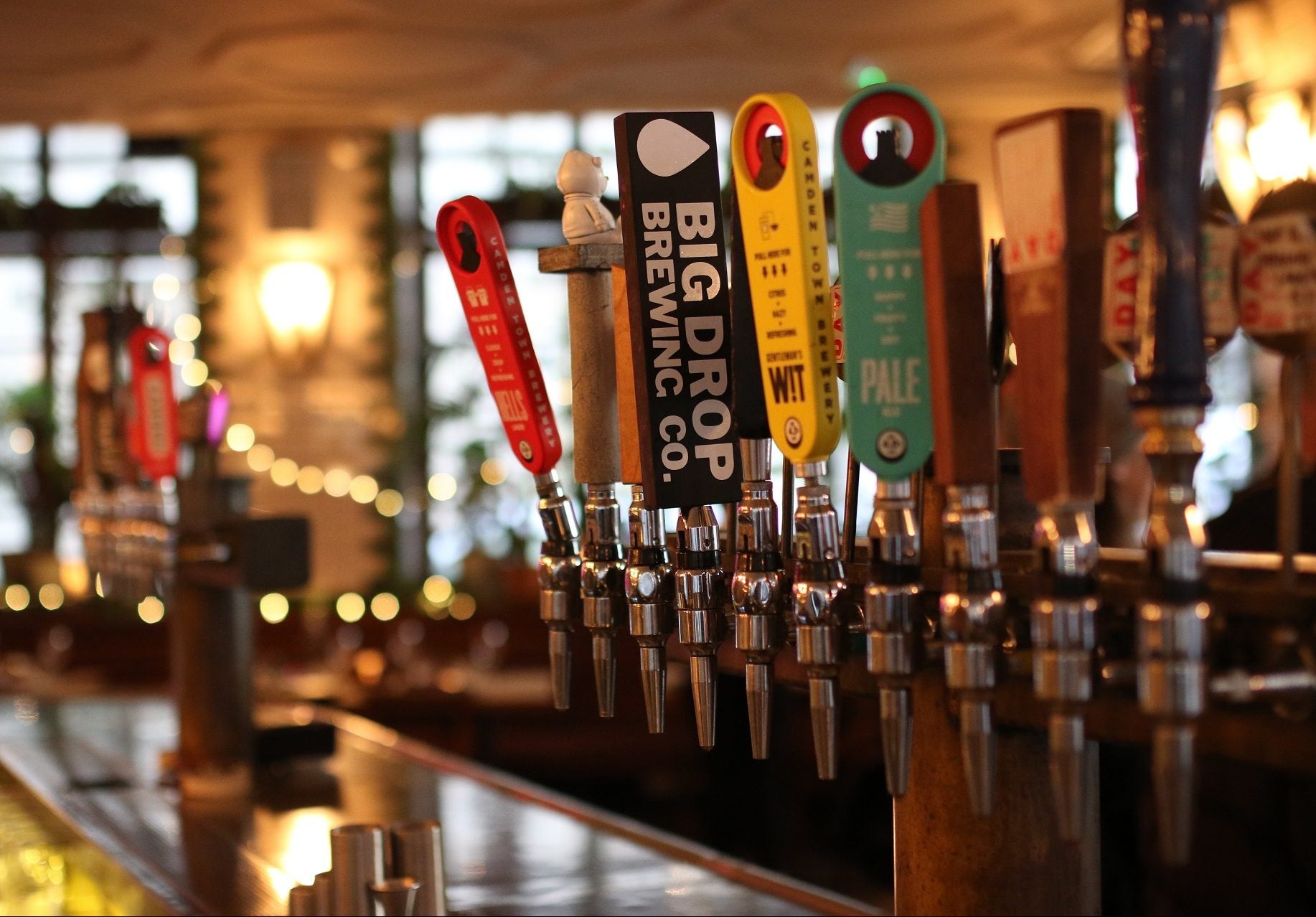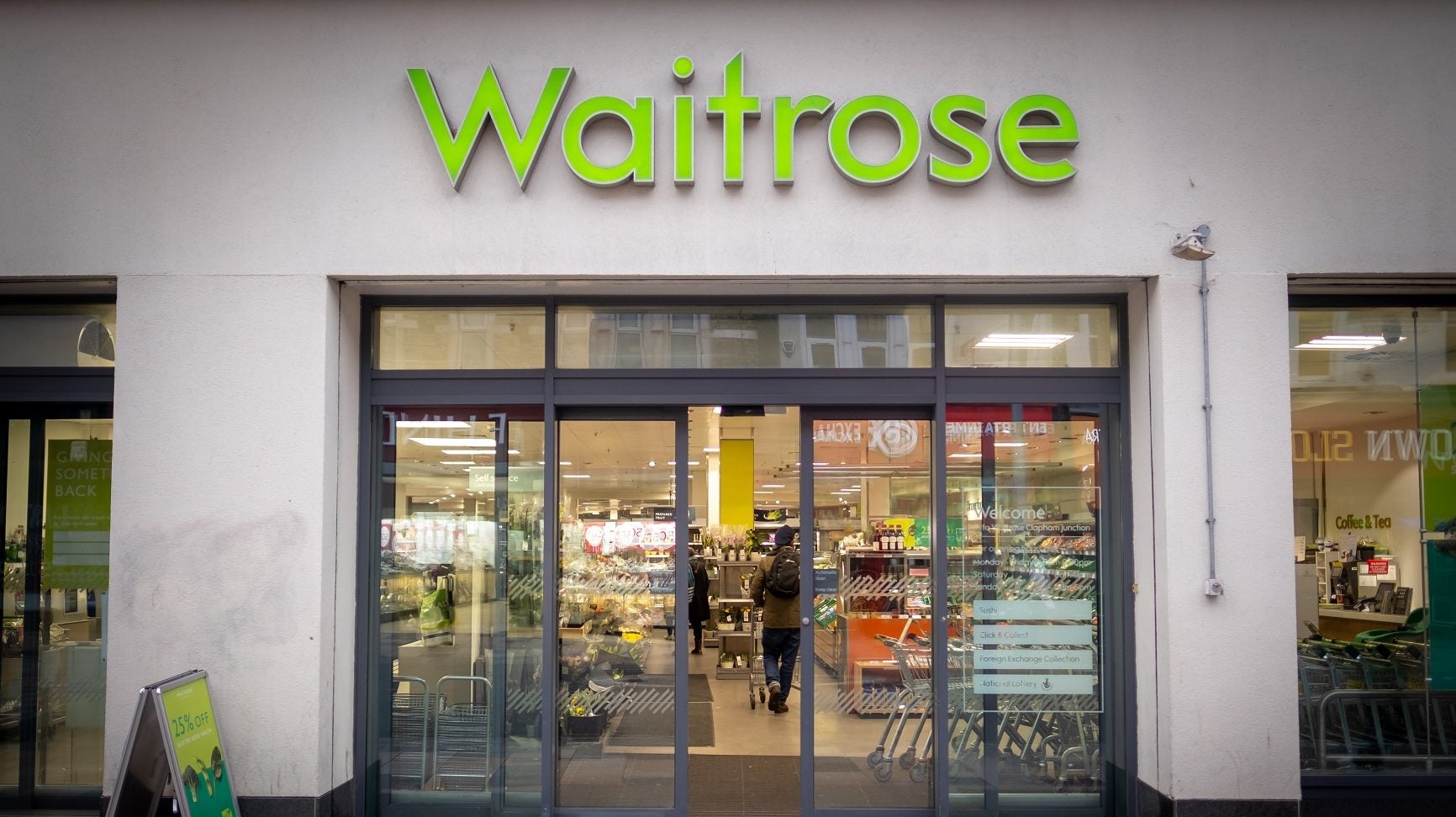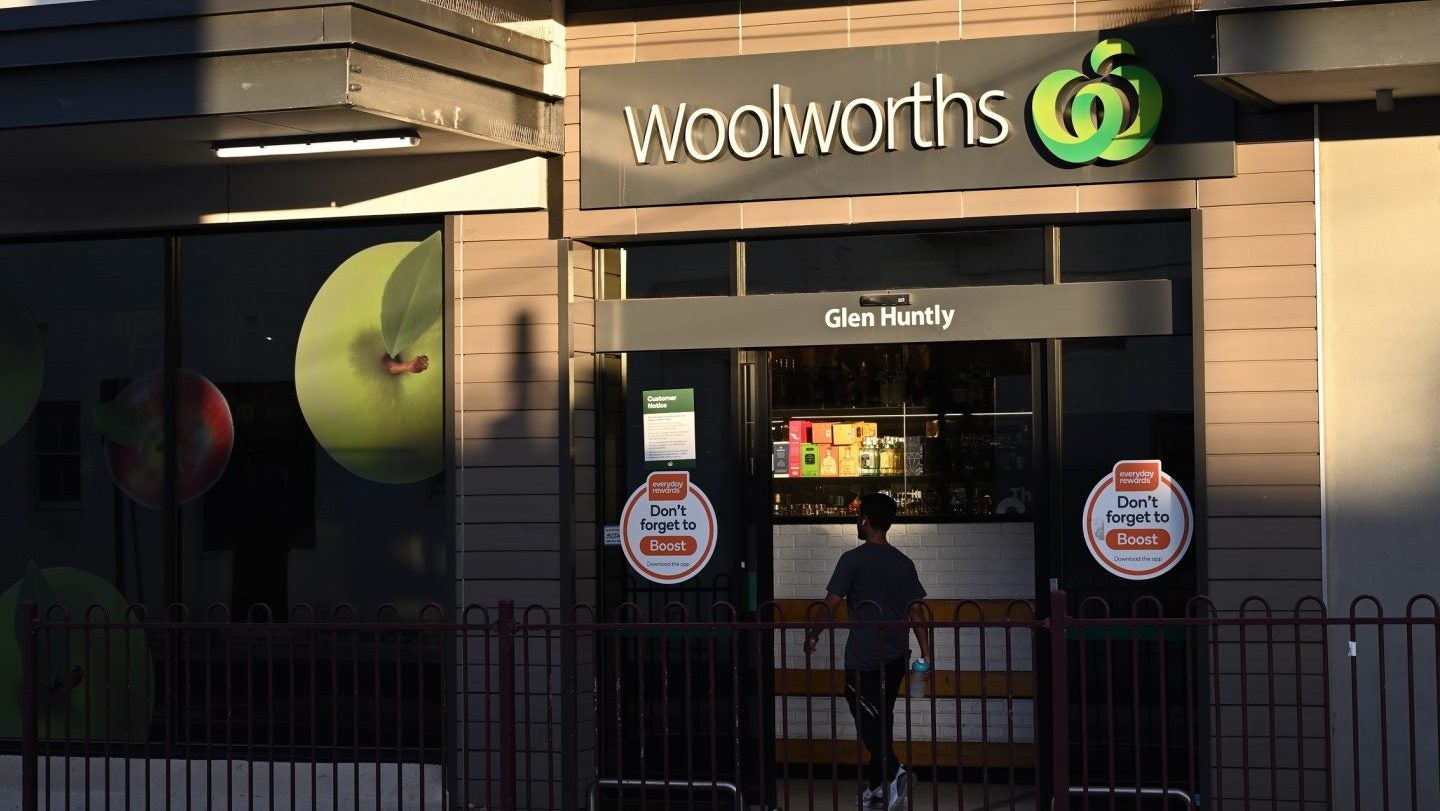
Consumer DECODED
Previous edition: 08 Apr 2024
Share article
Get the full version straight to your inbox.
Exclusive access to our best-in-class data & intelligence
Subscribe now
UK nightclub closures highlight changing Gen Z behaviour
Gen Z has a different relationship to alcohol than previous generations, while they are socialising amid the pressure on disposable income.

When nightclub owner Rekom UK called in the administrators in February, the company highlighted two trends important to all beverage-alcohol brands. Students are cutting back on nights out due to the cost-of-living crisis while a growing number also moderating their alcohol intake.
Rekom’s plight – and the pressure on the wider night-time economy in the UK – underlined how the way younger consumers socialise is changing and demonstrated how brands will need to change their product and promotional strategies to appeal to a cohort that will become ever-more important in terms of purchasing power.
Students, typically aged between 18 and 22, are prime Gen Z consumers, have a different relationship to alcohol than previous generations while they are socialising against the backdrop of pressures on disposable income.
A consumer survey carried out in the final quarter of 2023 by GlobalData, Just Drinks' parent, revealed a fifth (21%) of Gen Z said they planned on socialising less frequently with friends and family outside of the home over the next three months – a sentiment that has increased over the last year, with only 17% of Gen Zs saying this at the beginning of 2023.
Born between 1997 and 2012, Gen Zs are 12 to 27 years old. Globally, Gen Z represents about a quarter of the global population, according to GlobalData’s Macroeconomics database, which varies significantly across countries. According to the World Economic Forum, Gen Zs are expected to account for 27% of the global workforce by 2025.
As Gen Z’s contribution to total spending increases over the next decade, food and beverage brands must take into account the cohort's consumption patterns.
However, while Gen Z has some shared interests and characteristics with their predecessors, there are also many differences that set them apart. For example, some 21% of Gen Zs report living in a one or two-person household, according to a GlobalData consumer survey carried out in the final quarter of last year.
The reality of owning a house and other large financial commitments often feels out of reach and this perceived distance of time encourages them to spend instead of save. However, they are also spending more time at home and choosing different forms of entertainment to traditional occasions, including nightclubs, when they do go out.
Staying in and enjoying their own company or the company of their close connections is still recreation time for Gen Zs, and the savings made by not going out mean they can enjoy more premium products and experiences at home. Products such as RTD beverages, cocktail kits and luxury meal kits are gaining traction with Gen Zs, while brands are using messaging around the staying in occasion such as “self-care”, “DIY” and “me-time” to position their products.
Gen Zs place higher importance on close and intimate gatherings, which are more personal rather than going out in larger groups. They also desire quality social connections. This means they are more likely to be attracted to brands that offer them ways to enjoy these occasions with innovative flavours, pack sizes fit for at-home consumption, brands offering “insperiences”, and genuine messaging around ‘me time’ and human connections are some of the ways food and beverage companies can appeal to and remain relevant to this generation.
Consumers in the Gen Z cohort are also driven by holistic health and leading a balanced lifestyle, so non-alcoholic and functional beverages are growing in popularity with this cohort. According to GlobalData’s Q4 2023 consumer survey, over a quarter of Gen Zs reported being extremely concerned about their mental well-being and almost 30% of Gen Zs surveyed stated they would “take time to rest and relax” more frequently. Another factor here is that with the advent of social media, these consumers are also conscious of their image and what others think of their actions.
Latest news

Nestlé defends bottled-water safety following France watchdog probe
Nestlé has defended the quality of its mineral water following questions from France’s food-safety watchdog.

Kirin, Concha y Toro aim to boost profile of wine styles
Kirin Holdings and Concha y Toro are working together to produce a range of Japanese and Chilean wines.

One month to go: Just Drinks' beer conference in Portugal
Talks, data, fireside chats and analysis on the most pressing topics in beer – plus a brewery tour.

The business benefits of UK grocers' “Best of British” promos
UK food retailers The Co-op and Waitrose are running “Best of British” campaigns on their websites.

Australian supermarkets should face greater penalties for violating code, says report
Supermarkets in Australia should face fines of A$10m ($6.6m) for "serious" violations of the country's grocery code, a government-commissioned report has said.

Meat consumption hits new record low in Germany
Poultry bucked the overall trend, with per-capita consumption rising.

Vegetable oil causes food commodity index to simmer - FAO
Rising international prices of vegetable oils, dairy products and meat pushed the index towards its first increase in seven months, the FAO said.
In our previous edition

Consumer Decoded
PepsiCo Europe woes, Heineken Rwanda investment - Just Drinks' week in data
05 Apr 2024

Consumer Decoded
Refresco adds to US presence with VBC Bottling Company buy
04 Apr 2024

Consumer Decoded
Dairy battles for attention as interest in gut-health grows
03 Apr 2024
Newsletters in other sectors
Aerospace, Defence & Security
Banking & Payments
Travel and Tourism
Search companies, themes, reports, as well as actionable data & insights spanning 22 global industries
Access more premium companies when you subscribe to Explorer


